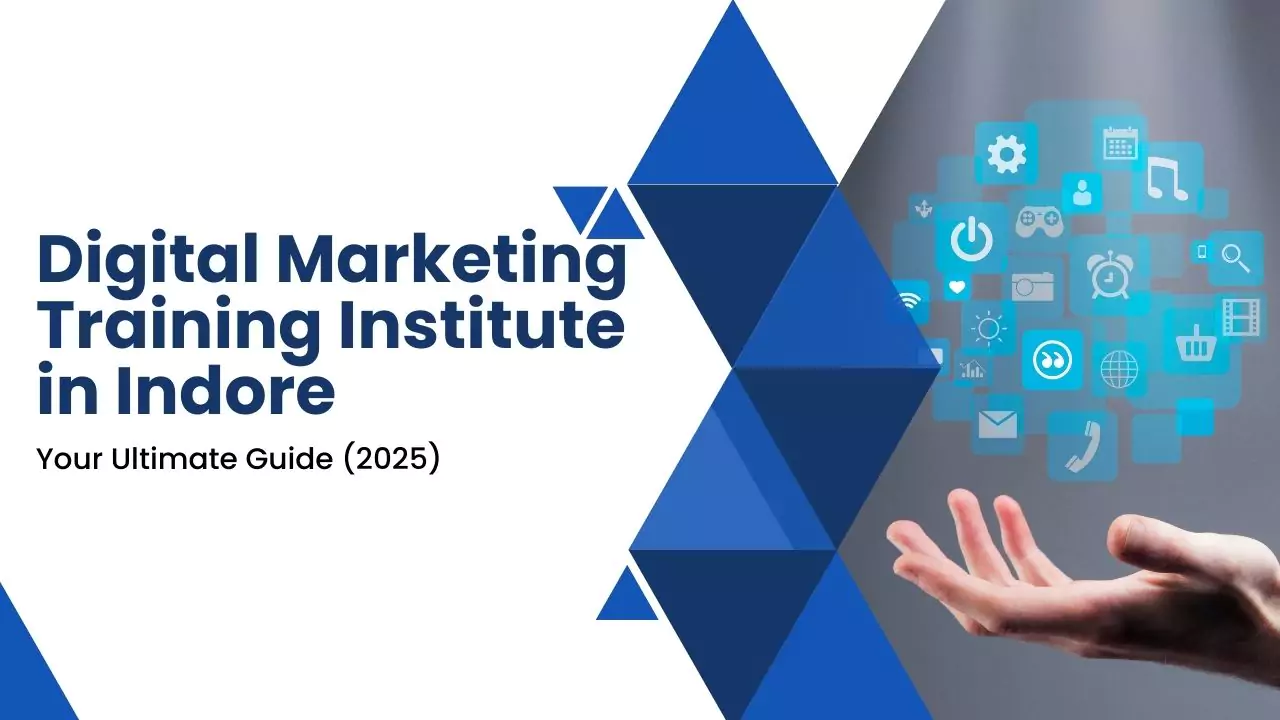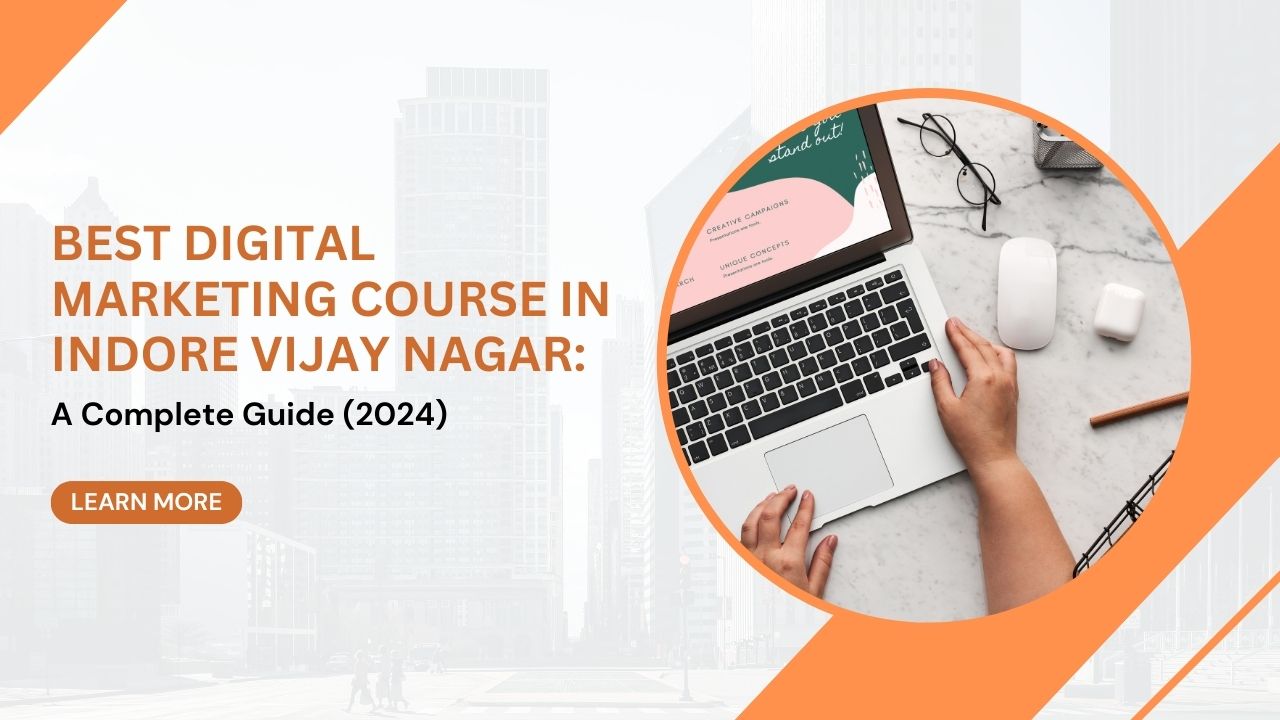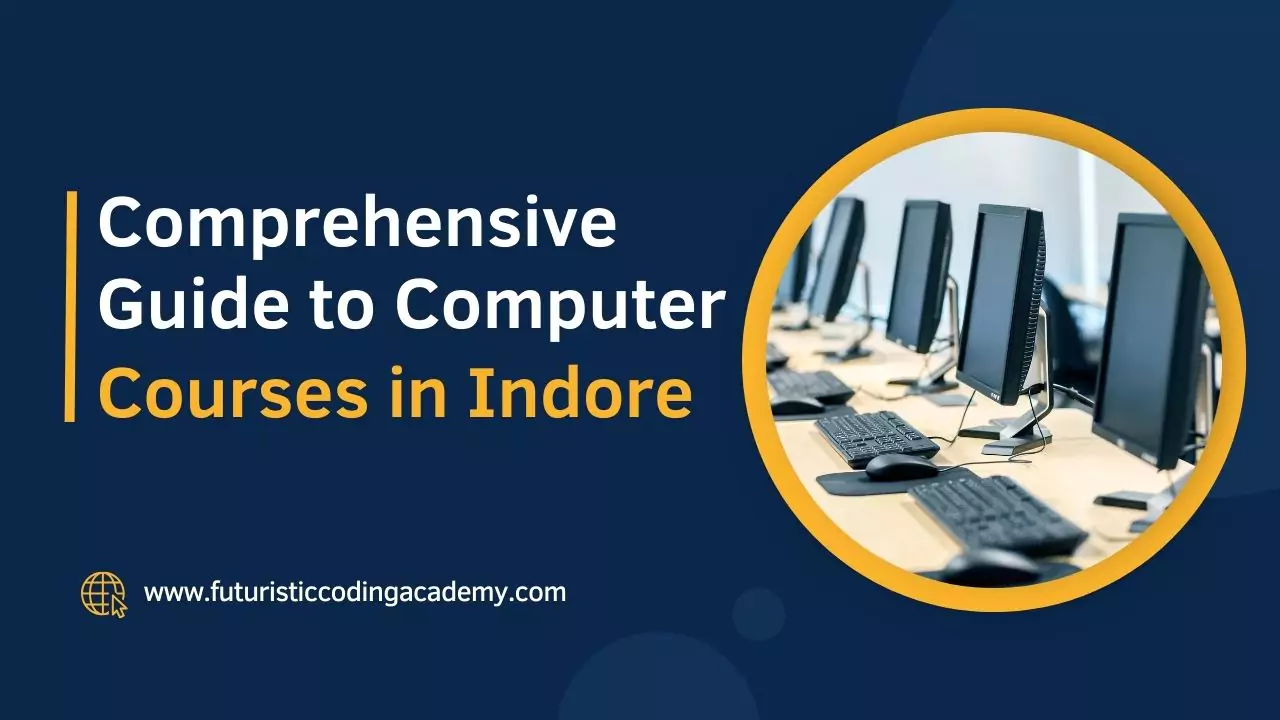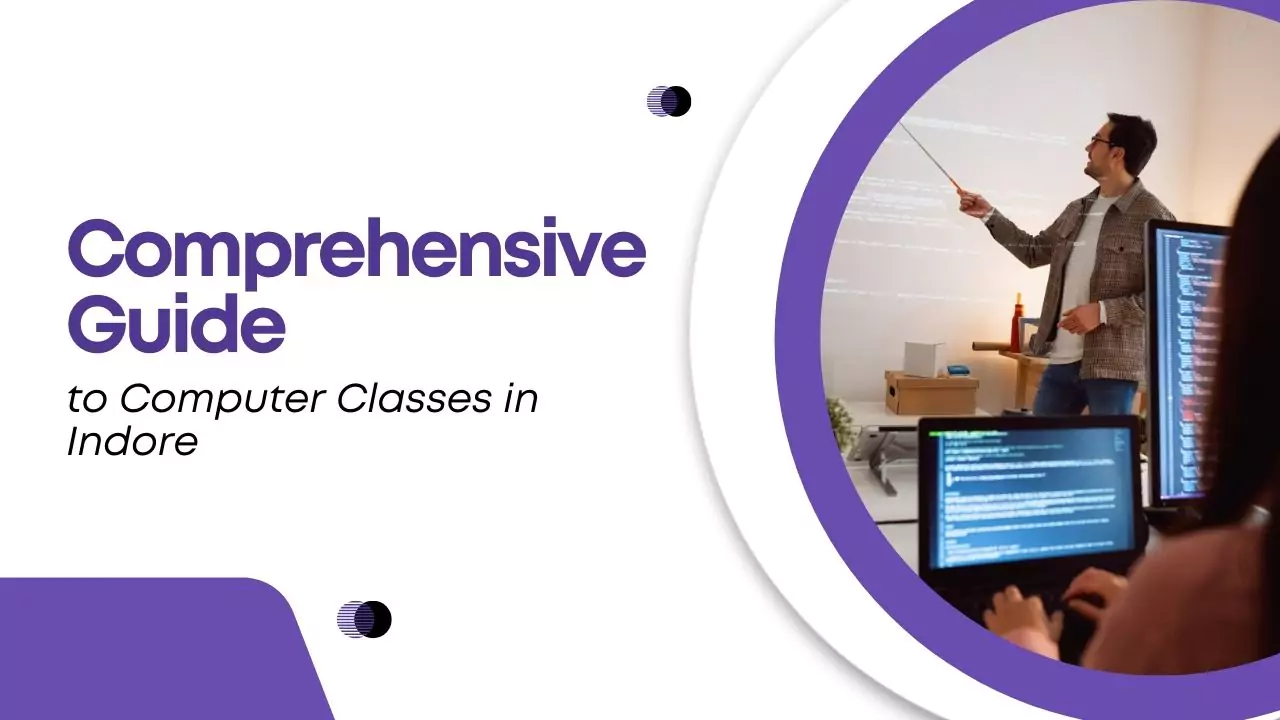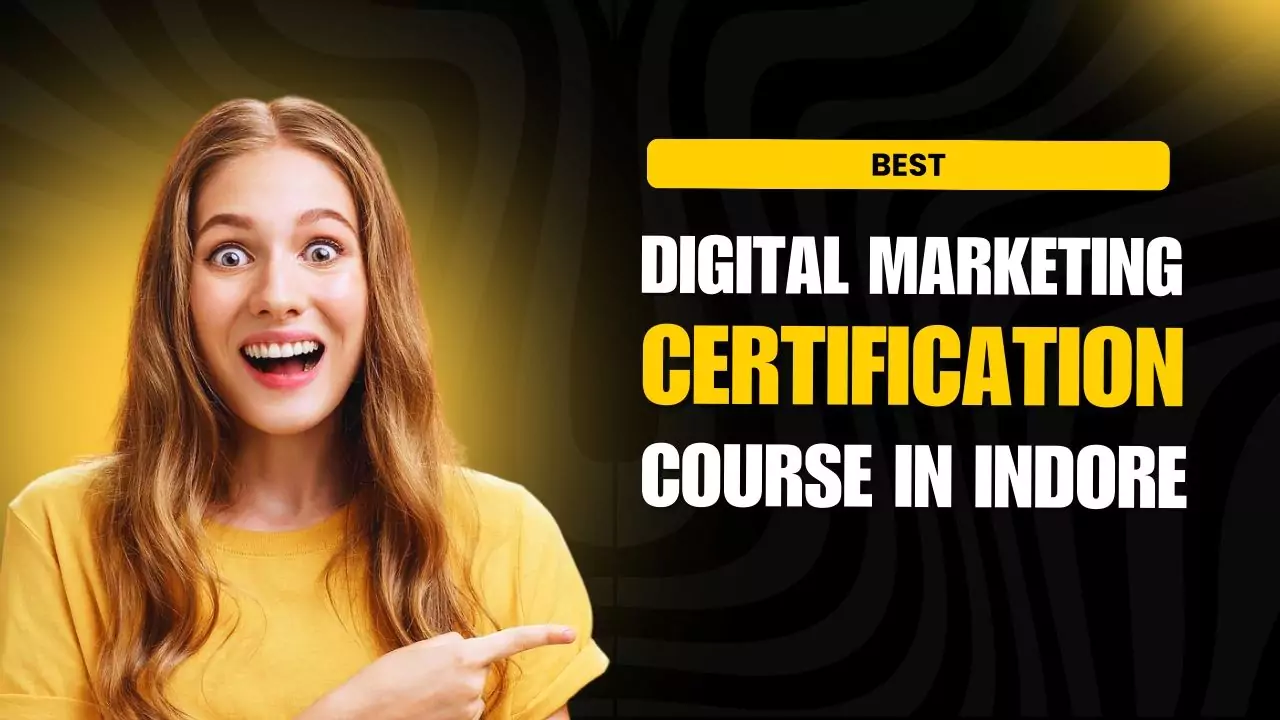In today’s fast-paced digital world, the demand for skilled Java Full Stack Developers is skyrocketing. If you’re looking to carve out a career in full-stack development, understanding both front-end and back-end technologies is crucial. Our Java Full Stack Developer Course at Futuristic Coding Academy is designed to equip you with the skills, knowledge, and hands-on experience you need to excel in this dynamic field. Let’s dive into what makes this course your best choice for mastering Java full-stack development.
What is a Java Full Stack Developer?
A Java Full Stack Developer is skilled in both front-end (user interface) and back-end (server-side) development using Java technologies. This means you will handle everything from designing user interfaces with React to managing databases and building RESTful APIs with Java Spring Framework.
Why Learn Full Stack Java Development?
Full-stack Java development offers numerous benefits, making it a rewarding career path:
- Versatility: As a full-stack developer, you’ll work on both front-end and back-end aspects of web applications, giving you a holistic skill set.
- High Demand: The industry is actively seeking professionals who can manage various aspects of development, simplifying their team structure.
- Career Growth: Mastering full-stack Java opens up diverse career opportunities, from web development to software architecture.

Java Full Stack Developer Course Overview
Our course is meticulously structured, covering all aspects of full-stack development in an easy-to-understand manner. Here’s a breakdown of the curriculum:
Module 1: Spring Framework and Spring Boot (REST API, JWT, OAuth2)
Learn the fundamentals of the Spring Framework, including:
- Inversion of control and Spring Beans.
- REST API integration with Spring Boot.
- Implementing JWT token generation for secure authentication.
- Building web applications with Spring Security and OAuth2.
Module 2: Front-End Development with React.js
Front-end development is vital for user interaction. This module covers:
- JavaScript Basics: Variables, functions, DOM manipulation, and event handling.
- React.js: Setting up React, integrating Material UI, and managing user interactions.
- HTTP Calls: Using Axios for GET and POST requests and handling CORS.
- Advanced React: Implementing dynamic menus, token handling, and state management.
Module 3: RDBMS and Database Programming
Managing data effectively is key in web development. This module includes:
- Understanding relational databases (MySQL) and database management using JDBC.
- Writing SQL queries, database normalization, and performing CRUD operations.
Module 4: Multi-Threaded Programming and Interfaces
Enhance your Java skills by learning:
- Basics of threads and multi-threading in Java.
- Implementing interfaces and understanding their usage in various applications.
- Synchronization methods and handling exceptions.
Module 5: Microservices and Containerization
In this module, you’ll delve into:
- Microservices architecture using Docker for building and deploying applications.
- CI/CD practices to automate software delivery, ensuring rapid and reliable releases.
Module 6: Soft Skills for Full Stack Developers
Along with technical skills, soft skills are equally essential. You will learn:
- Effective communication and teamwork.
- Adaptability to changing technologies and problem-solving techniques.
- Time management and project prioritization.
Module 7: Bonus – Exploring Cloud Computing
- Introduction to cloud platforms such as AWS, Azure, and Google Cloud.
- Understanding how cloud services transform the development, deployment, and management of applications.

Hands-on Projects to Build Your Skills
Practical experience is crucial to mastering full-stack development. In this course, you will build real-world projects such as:
- Workout Tracker: A web application to log and track workouts using Java, Spring Boot, and React.js.
- Gaming Platform: Develop a multiplayer gaming application with user management, leaderboards, and social features using Java and RESTful APIs.
Key Skills Required for Java Full Stack Development
To get the most out of this course, it’s beneficial to have a basic understanding of:
- Object-oriented programming concepts.
- HTML, CSS, and JavaScript for front-end development.
- SQL and database management.
How to Get Started: Enrollment and Learning Process
Enrolling in our Java Full Stack Developer course is simple:
- Visit Futuristic Coding Academy and navigate to our course offerings.
- Click on the “Enroll Now” button and complete the checkout process.
- Gain access to a comprehensive learning experience, starting with the basics and advancing to more complex concepts.

Certification and Career Opportunities
After completing the course, you will receive a certificate that will help you stand out to potential employers. Full-stack developers are in high demand, and this certification will showcase your skills and readiness for real-world projects.
Conclusion
A career in Java full-stack development offers immense opportunities for growth and versatility. The Java Full Stack Developer Course at Futuristic Coding Academy is tailored to equip you with the skills required to build dynamic, scalable web applications. Take the first step toward a rewarding career and enroll today!
Call to Action: Ready to become a Java Full Stack Developer? Enroll Now at Futuristic Coding Academy and transform your career!
People Also Ask
1. What is covered in a Java Full Stack Developer course?
A comprehensive Java Full Stack Developer course typically includes front-end technologies (like HTML, CSS, JavaScript, React), back-end frameworks (Spring Boot, REST APIs), database management (SQL, JDBC), and hands-on projects to build real-world applications. It also covers essential soft skills and tools for version control, debugging, and deployment.
2. How long does it take to become a Java Full Stack Developer?
The time required to become a Java Full Stack Developer depends on your background. For beginners, it usually takes 3 to 6 months of dedicated learning, while those with some prior programming knowledge may need around 2 to 4 months to grasp the essentials and start building projects.
3. Do I need prior coding experience to take a Java Full Stack Developer course?
While prior coding experience is helpful, it is not mandatory. Most courses start with basic programming concepts in Java, followed by more advanced topics in front-end and back-end development. A fundamental understanding of programming logic and enthusiasm for learning can go a long way.
4. What are the career opportunities after completing a Java Full Stack Developer course?
Completing a Java Full Stack Developer course opens up various career paths, such as Full Stack Developer, Java Web Developer, Java Software Engineer, Application Developer, and Backend Developer. The skills acquired through the course make you versatile in both front-end and back-end development, which is highly sought after in the tech industry.
5. Which tools and frameworks are essential for Java Full Stack Developers?
Java Full Stack Developers use a range of tools and frameworks, including:
- Front-end: React, Angular, HTML, CSS, JavaScript.
- Back-end: Spring Boot, RESTful APIs, Hibernate.
- Databases: MySQL, MongoDB.
- Version Control: Git, GitHub.
- Other Tools: Docker, Jenkins, and cloud platforms (AWS, Azure) for deployment.


